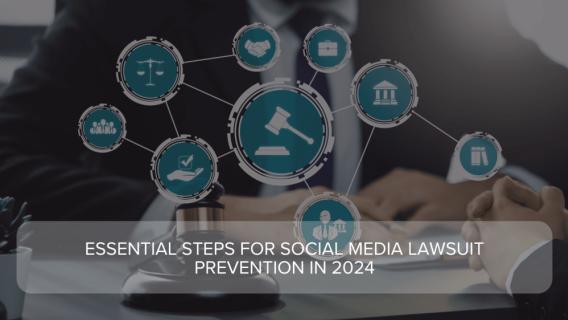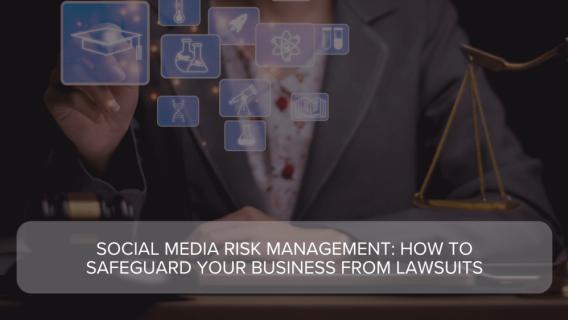Information is one of the most valuable assets a company possesses. Whether it’s sensitive customer data, intellectual property, or financial records, businesses generate and store vast amounts of information daily. However, as the reliance on digital systems grows, so too do the risks associated with data breaches, cyberattacks, and other forms of information theft. For companies of all sizes, and particularly startups, safeguarding this information is not just a technical necessity—it's a key component of business strategy and success.
The Rising Threat Landscape
Cyber threats are evolving at a rapid pace, and no business is immune. From phishing schemes to ransomware attacks, the range of methods used by cybercriminals to access sensitive data is ever-expanding. For startups, which often operate with limited resources and may lack the robust cybersecurity infrastructure of larger companies, these threats can pose significant risks.
A single data breach can lead to severe financial losses, reputational damage, and legal consequences. Beyond the immediate impact, the long-term effects of compromised trust can be devastating. Customers expect their data to be handled securely, and any failure to protect it can result in a loss of confidence that is difficult to rebuild.
Information Security as a Competitive Advantage
Far from being a mere cost center, investing in information security can actually serve as a competitive advantage for businesses. In a marketplace where consumers and business partners are increasingly concerned about data privacy, a strong security posture can help differentiate your company.
By proactively implementing and demonstrating strong security measures, companies can build trust with customers, investors, and other stakeholders. A startup that prioritizes data security sends a clear message: we are serious about protecting the information that matters. This focus on security not only helps mitigate risk but also enhances the company’s reputation and can lead to more opportunities in the long run.
Building a Culture of Security
Effective information security is not just about implementing technical safeguards—it’s about creating a culture of security across the entire organization. Security awareness must be ingrained in the company’s DNA, starting from the leadership team and extending to every employee. This involves training staff on how to recognize and respond to potential threats, such as phishing emails or suspicious activities.
Creating a culture of security also means establishing clear policies and procedures for handling sensitive information. Employees should understand the importance of strong passwords, data encryption, and proper access controls. Regular audits and assessments of these policies ensure that they evolve along with the changing threat landscape.
Leadership plays a critical role in this. When company leaders emphasize the importance of security and lead by example, it sends a powerful signal to the rest of the organization that security is a top priority. A strong security culture fosters vigilance and helps reduce the likelihood of human errors that can lead to breaches.
The Importance of Regulatory Compliance
Information security is not just about protecting data from external threats—it's also about ensuring compliance with various legal and regulatory standards. From GDPR in Europe to industry-specific regulations like HIPAA in healthcare, businesses must adhere to stringent requirements when handling certain types of data.
For startups, understanding and complying with these regulations can be a challenge, especially if the company operates in multiple jurisdictions. However, failure to comply with these laws can result in hefty fines, legal repercussions, and a loss of trust from customers and partners.
A solid information security framework includes compliance management tools and protocols to ensure that the company meets its legal obligations. By staying ahead of regulatory requirements, companies can avoid costly penalties and maintain their reputation as responsible stewards of sensitive information.
Protecting Intellectual Property
Beyond customer data, businesses must also protect their intellectual property (IP)—the unique innovations, processes, and knowledge that set them apart from competitors. For startups, IP is often one of their most valuable assets. Whether it’s proprietary software, algorithms, or designs, the loss of IP to competitors or cybercriminals can be catastrophic.
Information security measures should include specific protections for intellectual property, such as encryption, access controls, and regular monitoring for unauthorized access. By safeguarding their IP, startups can protect their competitive edge and prevent costly legal battles or financial losses that could result from theft or misuse.

Managing Third-Party Risk
In today’s interconnected business environment, companies often rely on third-party vendors for various services, from cloud storage to software solutions. However, these external partners can introduce additional risks to information security. A data breach or vulnerability in a vendor’s system can compromise your business’s data, even if your own systems are secure.
Managing third-party risk involves thoroughly vetting partners to ensure they have adequate security measures in place. This includes reviewing their security certifications, conducting regular audits, and establishing clear contracts that outline security responsibilities and expectations. By carefully managing these relationships, businesses can reduce the likelihood of being caught off guard by a third-party security failure.
Continuous Improvement and Adaptation
Information security is not a one-time effort—it’s an ongoing process. The threat landscape is constantly changing, and businesses must adapt accordingly. Regularly updating software, conducting vulnerability assessments, and staying informed about emerging threats are critical components of a strong security strategy.
For startups, this means remaining agile and proactive. Investing in security from the outset can help avoid costly breaches down the road, but it’s equally important to continuously improve and evolve security practices as the company grows. Startups that prioritize security from day one are better positioned to scale securely and confidently.
The importance of information security cannot be overstated. For businesses today, particularly startups, protecting data is not just a technical concern—it’s a vital part of building trust, maintaining a competitive edge, and ensuring long-term success. By investing in the right tools, fostering a culture of security, and staying compliant with regulatory requirements, companies can safeguard their most valuable assets and navigate the complex challenges of the digital world with confidence.









